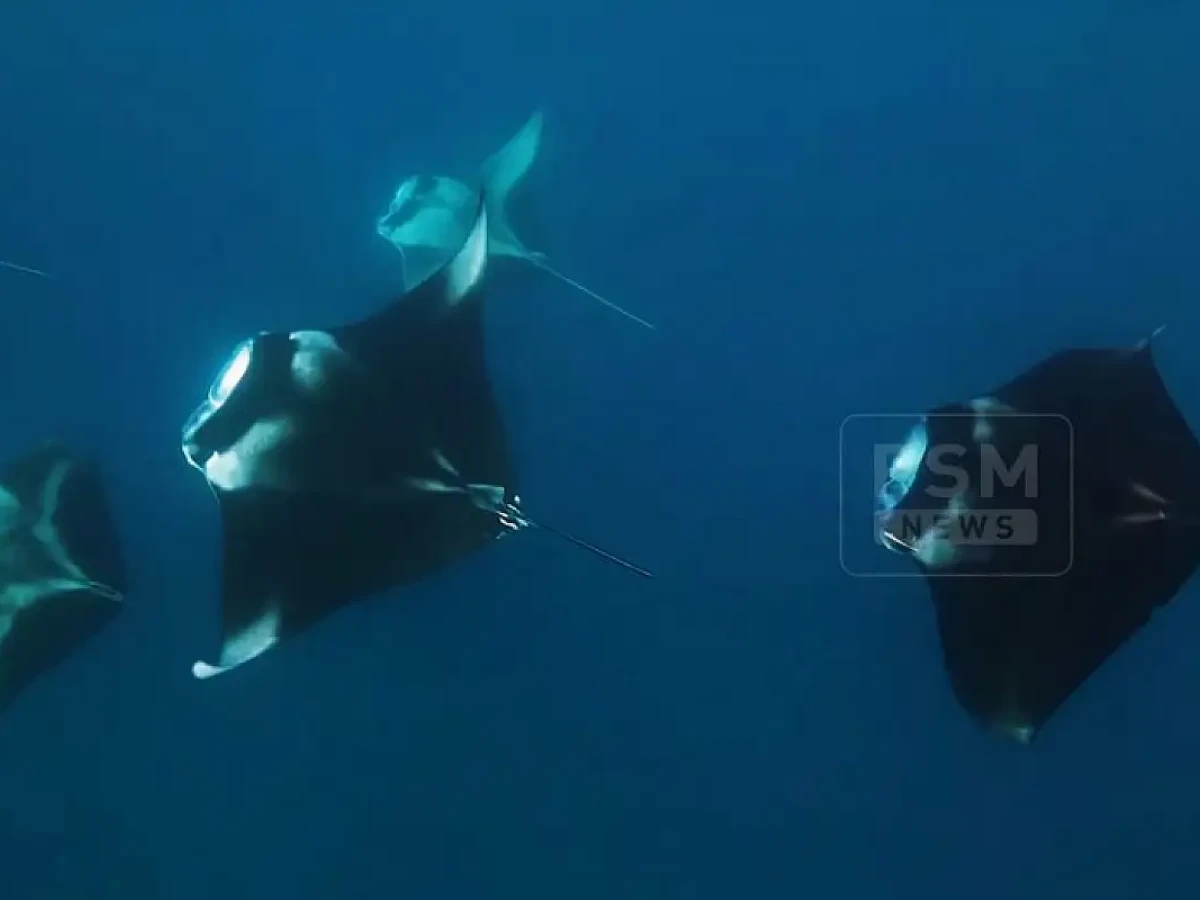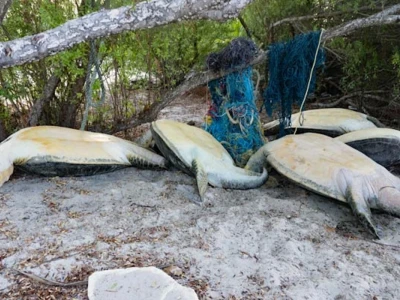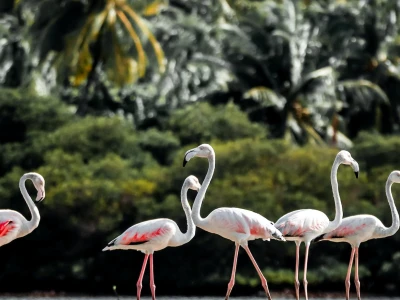
EPA warns of violations threatening Maldives' protected species
Marine life, including manta rays and whale sharks, forms an integral part of the Maldives' natural systems.
Environmental Protection Agency (EPA) on Monday raised alarms over repeated violations affecting protected species and their habitats across the country.
In a statement, the EPA emphasised the importance of preserving these species, which play a crucial role in maintaining the country's natural balance, while also highlighting a worrying trend of infractions.
Among the violations noted by the agency were the illegal capture and retention of protected species, the killing, consumption, and trade of their goods and parts, and specific offences such as the catching and consumption of turtles and tortoises.
The statement also pointed out that many species of birds and insects, protected under law, were being kept as pets, further threatening their survival.
These practices are strictly prohibited under the 'Naturally Protected and Conserved Species Regulations', a set of legal protections provided by the 'Environmental Protection and Conservation Act'.
The regulations shield a variety of wildlife, including five species of turtles, a species of tortoise, 207 species of birds, all manta rays found in Maldivian waters, and the whale shark. These species are considered vital to the country's ecosystem and cultural heritage.
In its statement, the EPA underscored the importance of these protected species to the Maldives’ tourism industry, noting that they are a key draw for nature-loving visitors.
“Seeing such creatures in the environment of the Maldives is one of the reasons why tourists visit again and again,” the EPA explained, adding that birds near the ocean have historically played an important role in fisheries, an essential industry for the country.
Marine life, including manta rays and whale sharks, forms an integral part of the Maldives' natural systems. Their presence supports the fragile balance of marine biodiversity and provides various ecosystem services crucial for the sustainability of the country’s environment.
However, the EPA also expressed concern over the continued damage to these species and their habitats.
Despite legal protections, the agency noted a rise in incidents that threaten wildlife, pointing to a growing disregard for conservation regulations.




